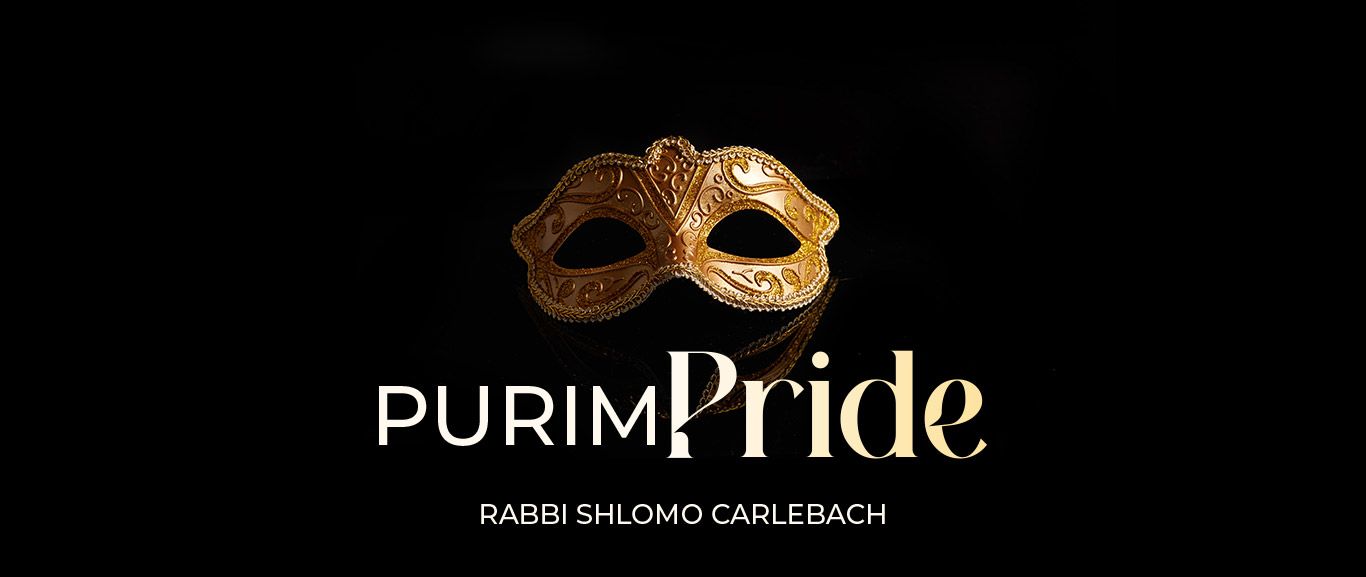
Purim Pride
On Purim, both pride and humility are holy. To be a servant of G-d and to pray to Him, you need a lot of pride.

Compiled and edited by Ziv Ritchie
Holy Pride
Rebbe Nachman says something very deep. The world knows of either humility or pride. The truth is you need both, but you have to know when to use them.
Even anger is a very holy thing if you know when to use it. All the emotions in the world are very holy, because G-d gave them to you. You just have to know when to use them.
So the world thinks, ‘Either you’ll be a shmendrik – you are always humble – or you are always arrogant.’ But both are wrong.
On Purim we get so high that we don’t know the difference between Haman and Mordechai. This means we don’t know the difference between arrogance and humility, because both are holy. On Purim we are on the level that we know exactly when to be humble and when  to be proud.
to be proud.
The truth is, to be a servant of G-d, you need a lot of pride.
Reb Nachman says, even to pray to G-d takes a lot of pride. That means I am standing before G-d and I am demanding, “Please G-d, listen to me!” This takes a lot of pride, but this is holy pride.
Holy Humility
Then you must have holy humility. Not shmendrik humility. Not stupid, senseless humility, which is what we mostly have. You must have holy humility.
The people who have holy humility are the strongest people in the world.
If you know exactly where to use your humility, then you know exactly where to use your pride.
Reb Nachman says, you have 50 units of humility and 50 units of pride. If you use up your pride in the wrong place, then it is used up. You have a certain amount of soul strength to be proud, and a certain amount of soul strength to be humble. For example, if I have 50 cents, if I use it up on the wrong thing, then when it comes time to buy the real thing, I won’t have it.
On Purim, this great thing is shining so that we know exactly when pride stops being evil, and when humility stops being out of reach. Everything is holy on Purim, because I know exactly when to be humble and when to be proud.
The greatest evil in the world is sadness.
Why is the world not becoming better? Or, why am I, as an individual, not becoming better? Because I am filled with sadness.
Maybe I am sad because of something I did yesterday, or maybe I am sad because of what I want to do tomorrow. It doesn’t really matter. In the meantime, I am filled with sadness, and this is the greatest evil in the world.
All the secular teachings of the world, do they fill you with joy or with sadness? Do you ever see kids walking out of secular school saying, “Gevalt, what I’m learning!” It doesn’t turn them on. Secular learning doesn’t put joy into your heart. All the teachings of Amalek, all the teachings of evil, fill you with sadness.
Newness
Evil is always new. Imagine, if you do something wrong, you swear to yourself you’ll never do it again, right? So how come evil comes to you again the next day? The answer is very simple. Evil is really new all the time. Evil has a newness. How do we fight evil? With even more newness! With the utmost newness in the world. On Purim, G-d gives us this tremendous holy newness, mamash the ability to really start all over again. On Yom Kippur, holy as we are, we still talk about what we did yesterday. So it’s still not completely new. On Purim, we don’t talk about what happened yesterday. We don’t even talk about what will happen tomorrow. We are just here.
Why aren’t we the kind of Yiddelach [Jews] that we ought to be? Because we have this evil that comes to us and says, “It is another world now. Okay, when Moses stood on Mt. Sinai it was very sweet, but now it’s another world.” So evil wants to cut us off from G-d, because of the newness of the world.
The greatest miracle is that everything is new [that there are constantly new inventions], that so many new things are happening. Evil wants to utilize this holy newness against G-d. The most beautiful thing in the world is that the world is always new, that new things are always happening. Evil wants to take this newness and use it to tear us away from G-d. Purim is the day when we take all this newness and we say, “Because of this newness, I want to be a servant of G-d.”
Hold on Just a Little Bit Longer
Why am I a little bit bad? Because, nebuch, I wanted to be good at one time or another. So I started praying so hard, and it looked to me as if G-d didn’t care; He didn’t answer my prayer. I had tried so hard. For years, I try to be better and it does not work. The greatest thing is that, on Purim, I suddenly realize it isn’t true; I was becoming better. G-d heard every prayer. On Purim I realize that I am so close to G-d, I know He was listening all the time. Imagine, I talk to someone on the telephone and I think the other person hung up. Then I realize I wasn’t even talking on the telephone, I was talking to him in person. He was actually standing right next to me the entire time.
We were supposed to be in exile for seventy years after the destruction of the First Temple. Crazily enough, we didn’t know when the seventy years began. We thought that the seventy years began with the year when we didn’t have a king anymore, the year when our king was taken into captivity – and so we thought that the seventy years were supposed to be over. So Achashverosh comes and tells us, “The prophecies aren’t true; you were supposed to leave after seventy years, and the seventy years are over.” But the truth was, the seventy years only began with the destruction of the Holy Temple. The story of Purim only took place in the sixty-ninth year. So this is the story – Amalek always comes to you and says to you, “Don’t you see, the prophets told you something, G-d told you something, and He didn’t keep His promise.” But on Purim we realize, “It’s not true. G-d keeps his promise, all the prophesies are true, G-d hears me, G-d knows me. I am on the way, I just have to hold out a little bit longer.’ So Purim gives me the strength to hold on just a little bit longer.”
* * *
Excerpt from “Rebbe Nachman Says”, The Teachings of Rabbi Nachman of Breslev as Taught by Rabbi Shlomo Carlebach z”tl. Rabbi Shlomo Carlebach’s books are available online at the Breslev Israel store.



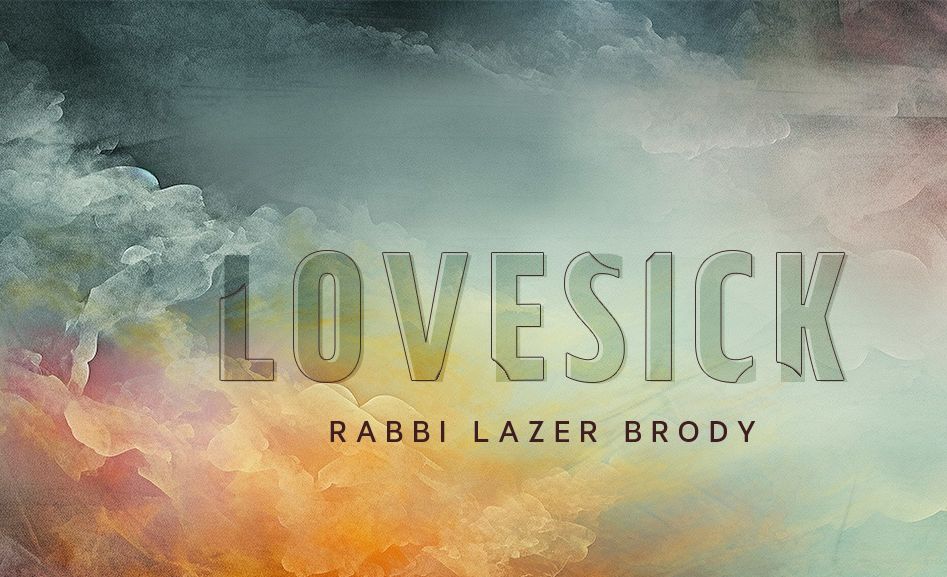

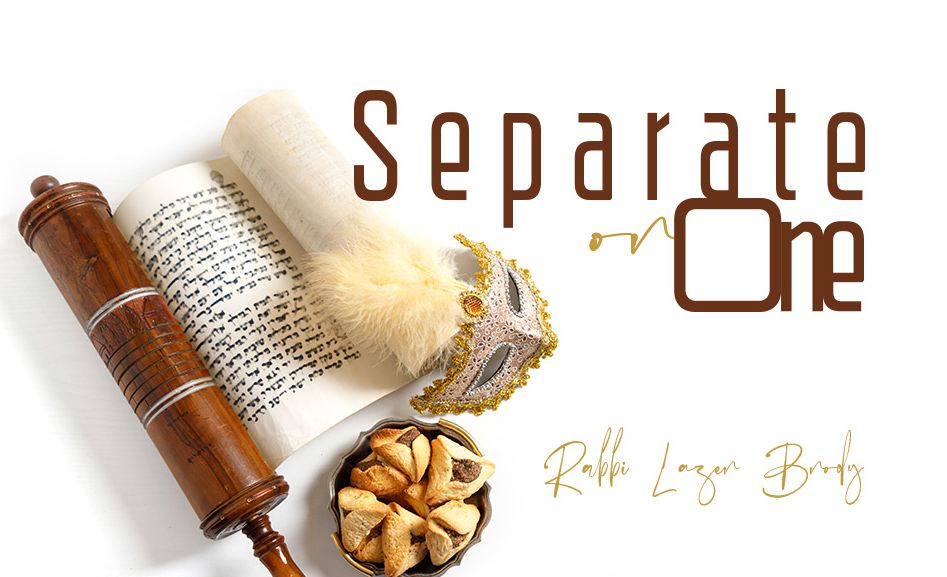
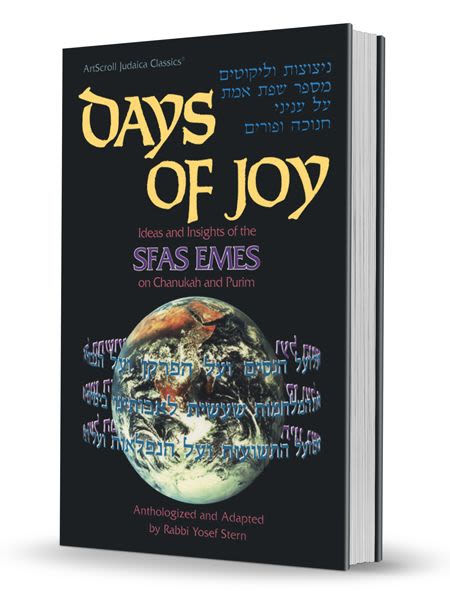
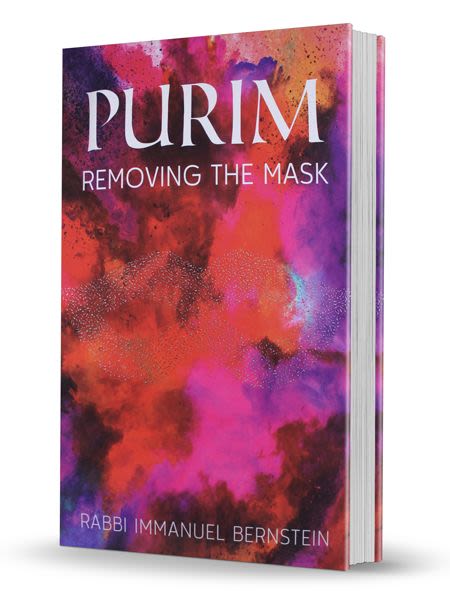

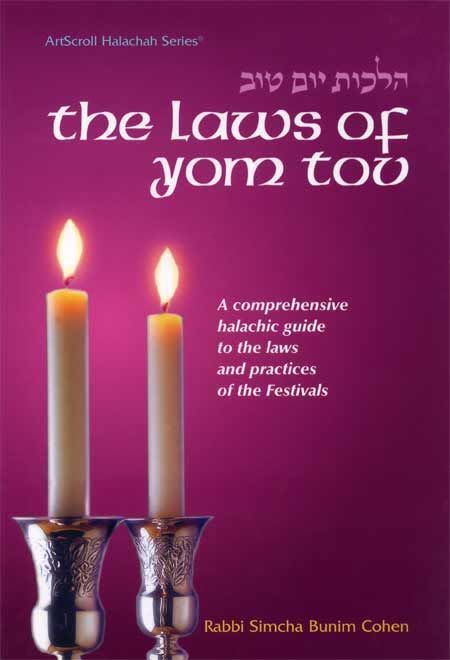
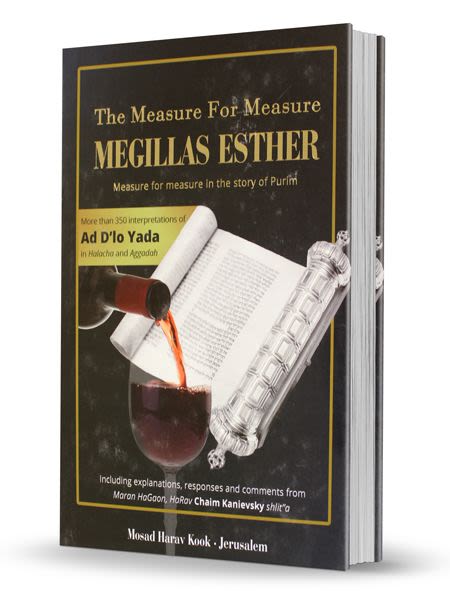
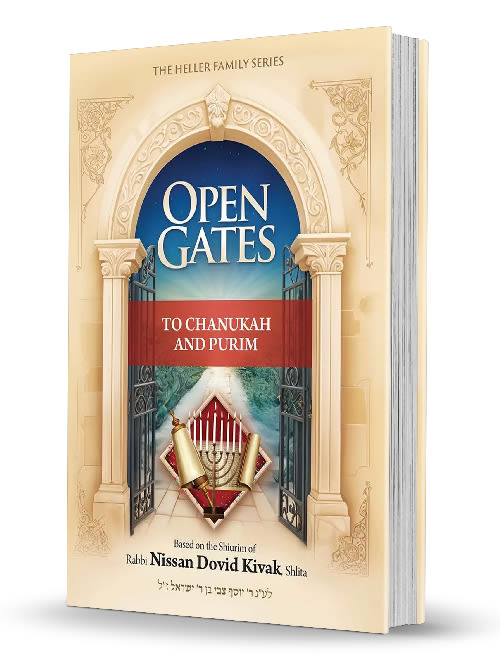
Tell us what you think!
Thank you for your comment!
It will be published after approval by the Editor.